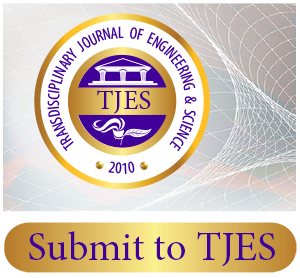An Essay in the Philosophy of Transdisciplinarity (the “Bioethics” as a Casus)
Abstract
The current situation in philosophy is characterized, practically unanimously, as a crisis of scientic rationalism. This crisis frightened and continues to frighten some researchers with its possible negative consequences for modern culture as a whole. Others are enchanted and interested. For our part we believe that the unfolding historical situation is where the formation of new opportunities for philosophy and science takes place. Moreover, these new opportunities are discerned most easily when there occurs a meeting of philosophy, on the one hand, and other types of scientic reason (as represented in natural sciences and the humanities), while, on the other, that of philosophy and the extra-scientic forms of rational experience (religious, esoteric, everyday, etc.). The peculiarity of the current meeting between philosophy and the other forms of rational assimilation of reality consists in that it takes place in the context of transdisciplinarity. Lying at its base are impulses directed at nding solutions to the ecological, energy, information and demographic problems, as well as the problem of health, and so on. This results in the formation of a new type of investigative activities. In the philosophy of science this new type of investigative activities is represented as postneoclassical science" (Vyacheslav Stepin); in the sociology of science, as type 2 science" (Michael Gibbons, Helga Nowotny,Peter Scott), postacademic science (John Ziman) "other modern" science (Ulrich Beck), etc. The production of scientic knowledge at the modern stage is a hybrid of fundamental research oriented to the cognizing of truth and investigations that are pragmatically oriented to a useful eect. In the classical knowledge production method, the value orientations are as it were implicit (like Mertons science ethos) and controlled by a system of intrascientic mechanisms. In the new one (expressed to the greatest extent in biology and medicine), there arises a reection to these value orientations, which is realized via transdisciplinary (institutionalized both inside and outside of science) mechanisms for normative presentation of scientic practices. Active in these transdisciplinary interactions are (aside from natural scientists) representatives of the humanities and the public. Let me emphasize this: transdisciplinarity proves one of the vectors of a multidimensional transformation of science, which exceeds the boundaries of its classical self-identication. It is in this respect that transdisciplinarity is for us an object of philosophical discussion. While studying the phenomenon of transdisciplinarity, we will regularly turn to the "bioethics" as a casus.


